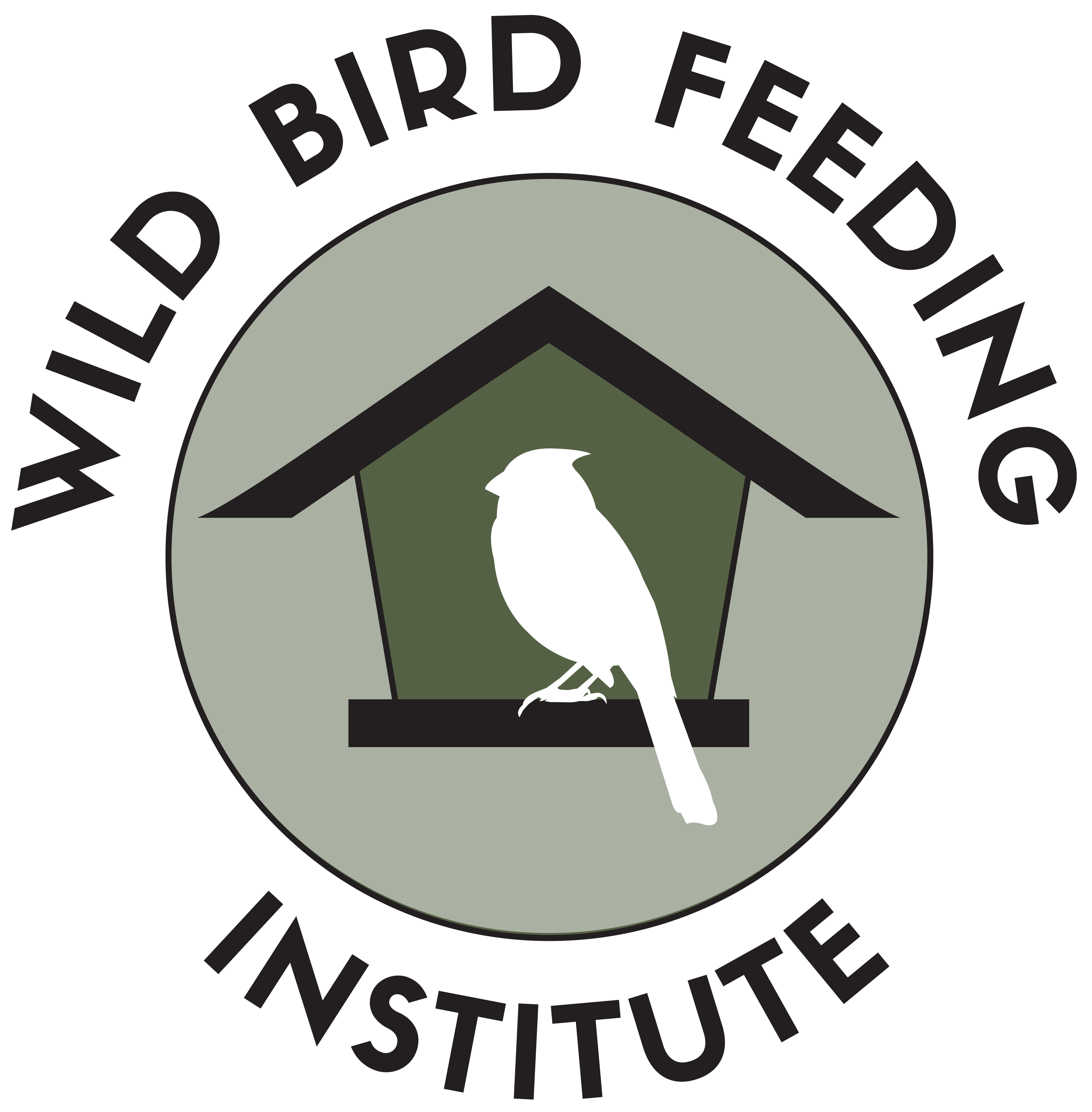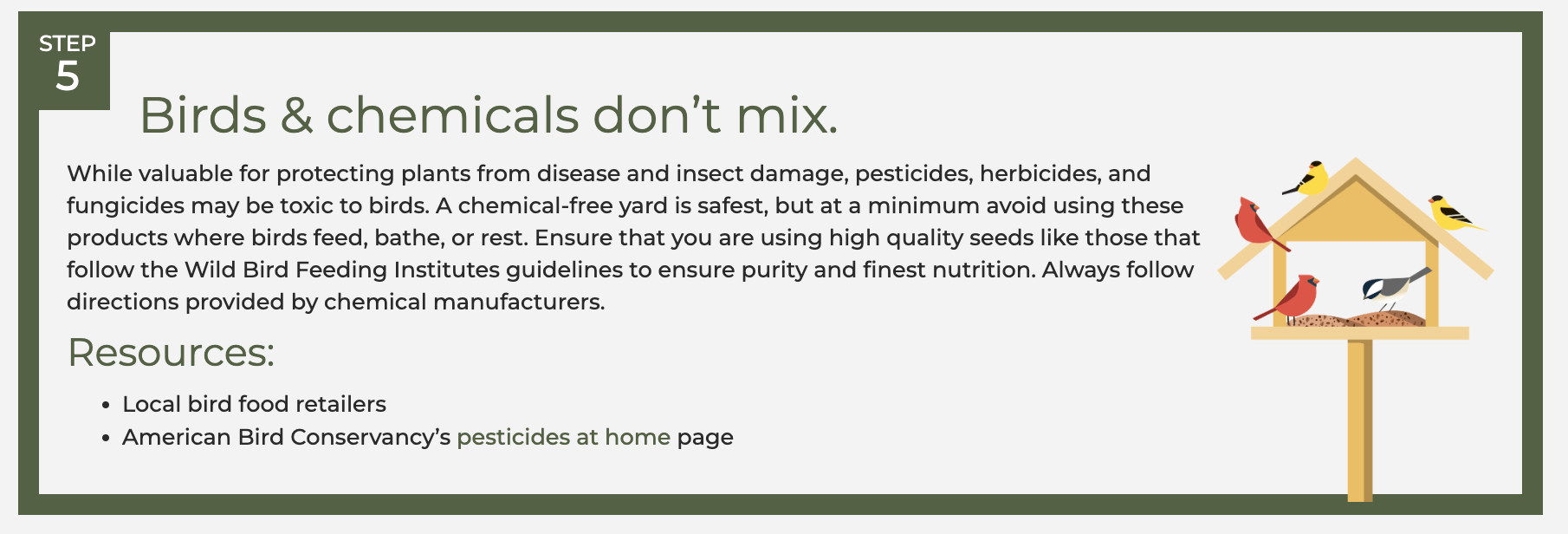LivingBird Magazine Neonic Response
On June 24, 2022 LivingBird magazine published an article that examines neonicotinoids (a type of pesticide) and their impacts on bird populations, specifically grassland birds. Read the article here: Neonic Nation: Is Widespread Pesticide Use Connected to Grassland Bird Declines?
Readers of the magazine responded to the article with concerns. One reader and hobbyist wrote the following question:
"Thank you for the thought-provoking article by Scott Weidensaul, which discussed seeds coated with neonic insecticides. As a long-time member of Project Feederwatch, I buy many bags of bird seed every year. Should I be worried that I am unwittingly feeding birds with neonic-treated sunflower seeds and cracked corn?" —Julia Hendon Orrtanna, PA
The Wild Bird Feeding Institute is a nonprofit trade group for the wild bird feeding industry hobbyists. The WBFI and its member companies also provide expert advice on how to responsibly feed wild birds and partner with several North American ornithology organizations to promote continued education and conservation efforts for birds and wildlife.
Cornell Lab of Ornithology requested a response from the WBFI and the LivingBird Magazine Published the following response to Neonic Concerns in the latest issue of their magazine:
"According to the Wild Bird Feeding Institute, wild bird seed companies follow federal food-safety guidelines and participate in WBFI’s Quality Standards Program. WBFI Executive Director Emma Bennett says companies source harvested raw seeds and grains from growers or brokers, clean them of foreign material, and then package them for retail sale. Sunflower seeds, cracked corn, and other wild bird foods are not treated with any neonicotinoid coating prior to packaging."
Companies that package and sell wild bird seed and other specialty bird food products in the United States must follow USDA guidelines and abide by the Food Safety Modernization Act (FSMA) established by the FDA; members in Canada abide by requirements of The Canadian Food Inspection Agency. Seed packers and bird food manufacturers undergo audits to ensure all protocols are being followed and that consumers receive safe, high-quality products WBFI members also voluntarily participate in the Quality Standards Program, which sets the standards for seed products and best practices to ensure quality seed sourcing.
Consumers are encouraged to look for the WBFI member or quality standards logo on bird feed products to ensure that are sourcing high-quality products.

Since the Neonic Nations article, the WBFI Board of Directors and Scientific Industry Response (SIR) committee began information gathering and collecting resources for pesticides that are now accessible in the info hub (must be a member to access). Due to the lack of current research, there are many gaps in information, and as stated in the original Neonic Nation Article:
"A lot of the evidence is circumstantial, clouded by a host of interlocking and often related issues."
Pesticides decrease insect populations, a natural food source for birds. Bird feeding and supplemental feeding can help offset the lack of natural food availability and hobbyists are encouraged to limit chemical usage in areas where feeders are present as garden pesticides can have high concentration levels. See WBFI's 6-Steps to create a sanctuary for birds.
WBFI is committed to supporting the health and safety of birds and consumers. Our organization will continue to keep a pulse as more research and information becomes available.

